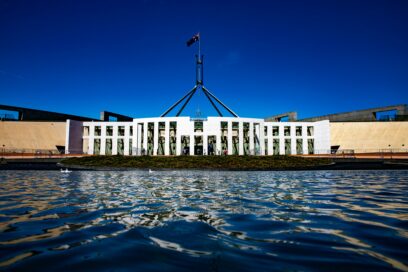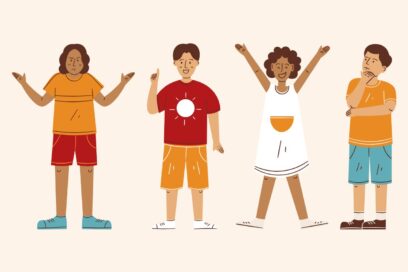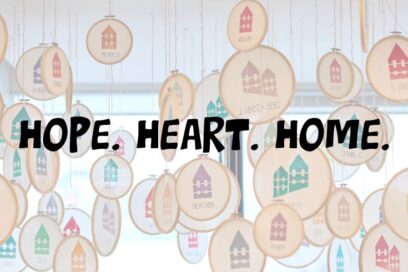A meal is just the beginning …
We talked to our staff and clients about what makes Sacred Heart Mission unique and how it supports people to live the life they want to live.
Hear from our clients Asma, Cheryl and Graham, and from our team members Stephen (Executive Director), Kirsty (Meals Program Coordinator), Elizabeth (former Manager Women’s Services), Santi (Life Matters Coordinator) and Hala (Case Manager):
Stephen: Homelessness is an absence of home. It’s an absence of safety and security, privacy. It’s also that absence of connection.
Kirsty: Everything starts here in the Dining Hall at Sacred Heart Mission. For a lot of people it’s their first point of contact with our service. It’s a really important place to begin.
Elizabeth: Sacred Heart Mission is a not-for-profit organisation that’s been in existence for over 35 years now.
Stephen: We form a community that cares for community issues to make sure that people can make sustainable change in their lives.
Cheryl: Sacred Heart is part of my life. When I first experienced homelessness, I didn’t know anywhere that could help me in those days.
Graham: I had someone say, ‘I’ve got just the place for you’, and they brought me to Sacred Heart.
Asma: The people here are really good people. Very nice people. They helped me for everything here.
Kirsty: We open at seven o’clock every morning, 365 days a year.
Stephen: There’s no requirement. There’s nothing that you have to do other than just turn up. Easy engagement into the support. We will then wrap services around people, community engagement type services, clinical services, housing support.
Santi: Most of the residents here always say that the number one quality they feel here is safe.
Graham: I think a lot of people who get the opportunity to move in here, are going to feel a million dollars. This is really special.
Asma: I have very, very, very good experience with Sacred Heart. They helped me to find a permanent house.
Elizabeth: All staff are trained to provide a trauma informed approach, a flexible and individualised response.
Hala: We work on five different goal areas. The main one is housing, but we also work in health and wellbeing, social participation, economic participation, and independence.
Elizabeth: Building a relationship that’s based on trust, respect and kindness.
Stephen: Creating connection, creating relationship, and then passing that over to the community.
Graham: We like to think of ourselves as a family
Cheryl: The friendships I’ve made, made me feel loved.
Stephen: With that, people will be able to sustain their housing.
Cheryl: I’m in a block of flats that’s all women living in them. I feel safe, secure; cooking my own meals again.
Asma: It’s my home.
Elizabeth: It’s amazing to watch their belief in themselves and their self-esteem just grow.
Cheryl: A big thanks to the people that have donated.
Asma: They helped me and they helped many people.
Graham: It gives you an opportunity to live life again.
Stephen: We are asking everyone to be part of the solution, not just for those experiencing homelessness, but the reward that we all get when we connect.





